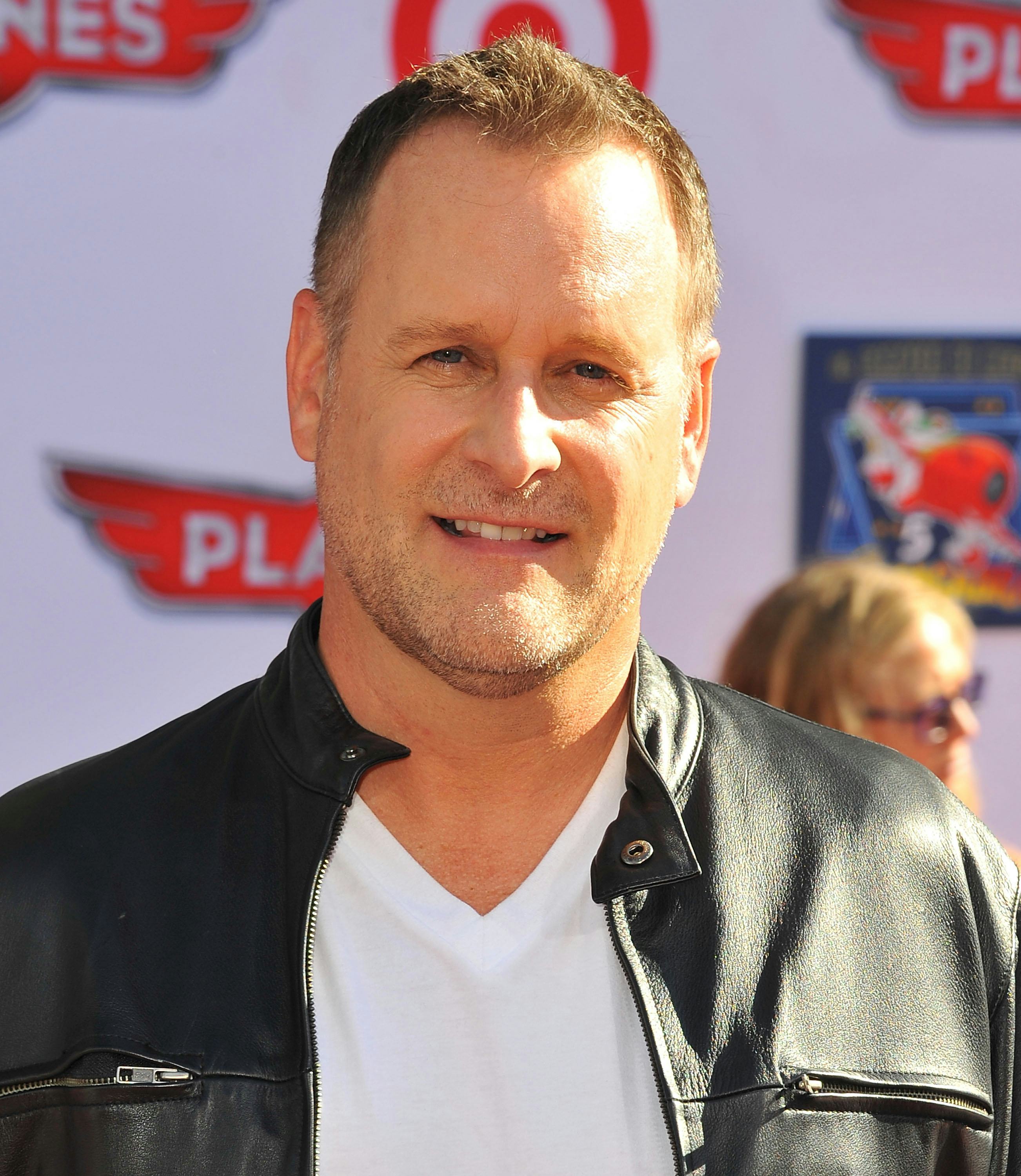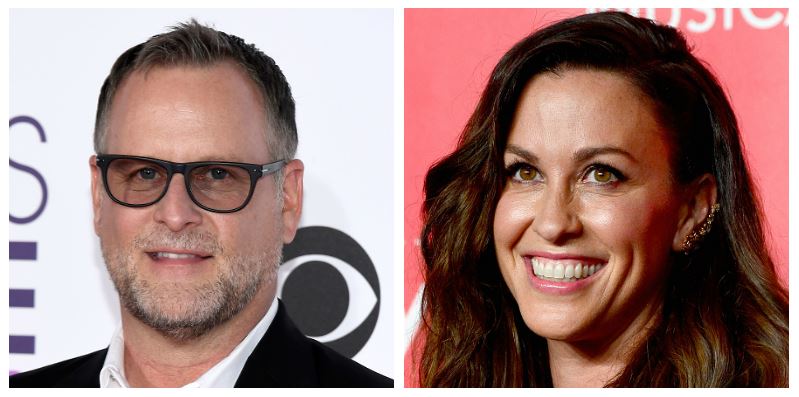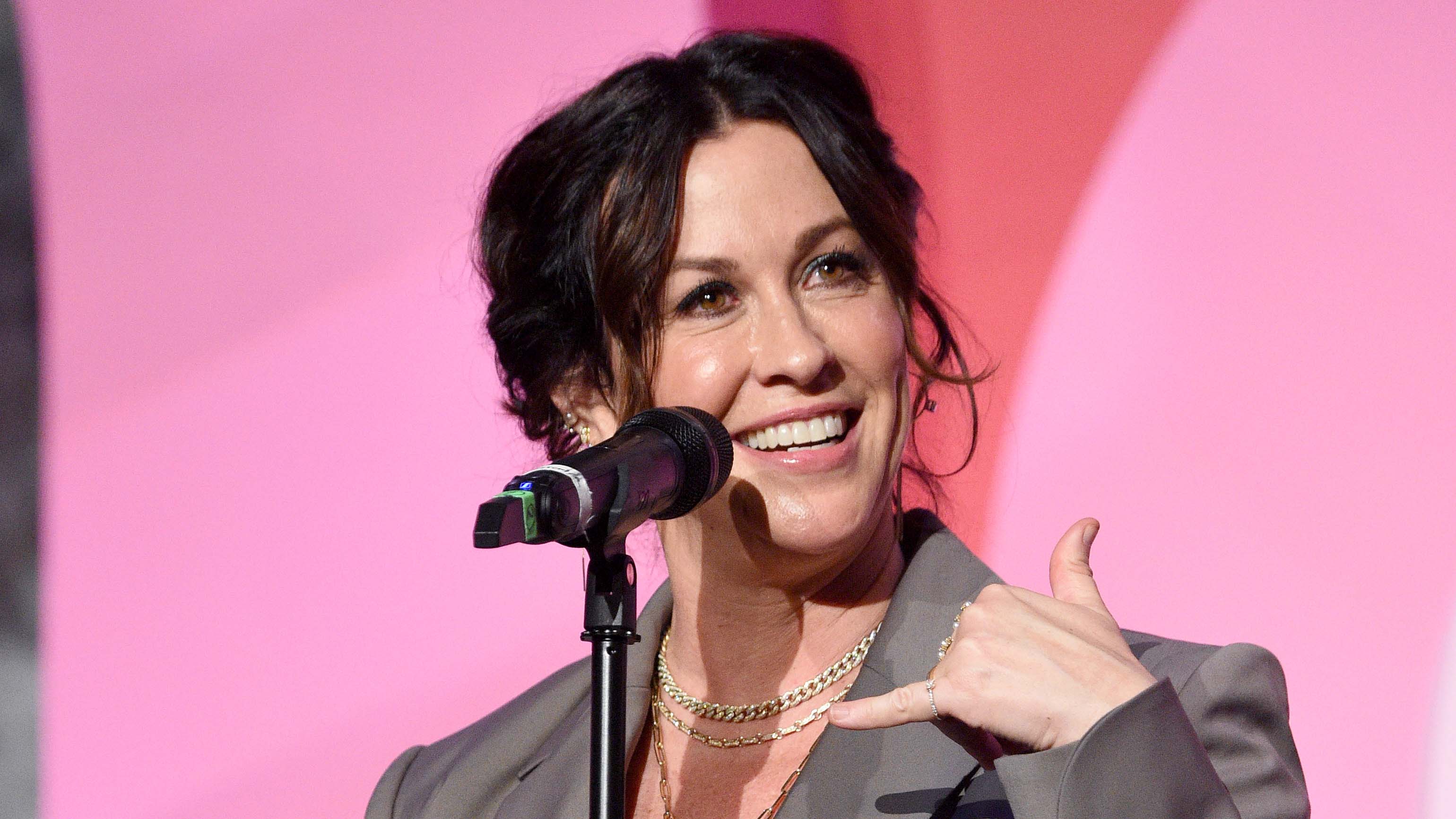

As a kid, she used to be on Nickelodeon’s “You Can’t Do That On Television.” The shoe where you got slimed if you said… “I don’t know…” 🤓 /vnkIV3u9Xx- April Ham Lincoln March 11, 2020 … Alanis was a true professional who I remember doing improv, and I remember her in the studio.” “ was a little older than the other characters and there was some churn in the cast. “She was a very talented singer and she was only on a couple of shows because she already had a singing career,” Television star Christine McGlade recalled many years later. Her teacher mother Georgia said in the early 1990s, “All three children have an attitude that says, ‘I’m going to do this until I reach my goal, not until the first obstacle gets in my way.’” And for Morissette, that meant pursuing a career in entertainment, including briefly being part of You Can’t Do That on Television, a sketch show for preteens. But she grew up in Ottawa, one of three kids - she has a twin brother, Wade - in a family that went to Catholic mass every Sunday.


Morissette turned 47 this past summer, she’s been married since 2010 and has three kids, and now she’s the focus of Jagged, a new documentary that looks at her early days in the music business and the making of Jagged Little Pill, which sold millions and millions of copies back when that was a thing you could actually do. And that’s the thing that makes you feel guilty. Morissette didn’t write the song about you, but there’s a high probability that if you were in a relationship in the 1990s - or any time since - someone has sung that song about you. I know you never dated Alanis Morissette, but the accusatory tone is so specific, yet just vague enough, that it applies to many ex-boyfriends in all walks of life. What’s always been potent about “You Oughta Know,” which came out in the summer of 1995, is that because Morissette has never named the person in the song’s crosshairs, there is a nonzero chance that it’s actually about… you. Unless, of course, you’re the subject of a popular breakup song. Essentially, we want to think they’re singing about us. Ultimately, we want to think that they’re providing the soundtrack for our lives, not necessarily theirs. But it also can rob the music of its universality: As much as we want to hear about Pete Davidson, we’re probably more interested in being able to take those lyrics and apply them to our own situation.

Such public knowledge gives us a sense that we’re getting intimate clues about the inner workings of a high-profile relationship. Taylor Swift has made a career out of this, but whether it’s Ariana Grande or Kacey Musgraves, we can picture the dude who prompted a particular breakup song or a whole divorce album. When you’re a famous musician and you write a song about love gone bad, it’s pretty easy for the audience to guess who you’re singing about.


 0 kommentar(er)
0 kommentar(er)
